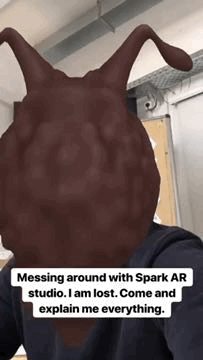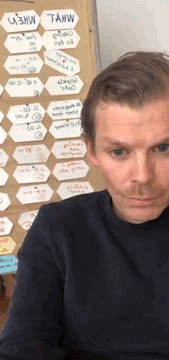FILTRES FUTURISTES
30 January 2019 plus Updates
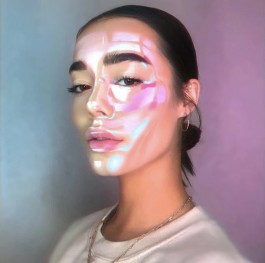
The whole notion of face filters suddenly changed in January 2019. There had been filters before. But suddenly they felt old and uncool. As always it seemed like a logical next step, really obvious afterwards. But of course no one saw a 26 year old girl coming round the corner, ready to - quote - "transform people into cyborgs worldwide."
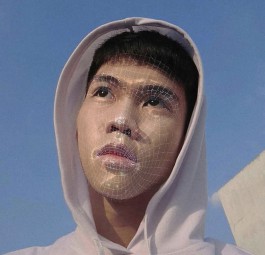
And yet this is what just happened. Johwska is not the only one fiddeling around with the Spark AR Creator, with sci-fi glow effects, digital vaseline, distortion, dark eyes and plastic. But she is a brilliant starting point. Just follow her, start using her filters, watch her stories and follow the links. In order to land here for example. This feels exciting and new. And i am happy to see the whole thing evolve or explode.
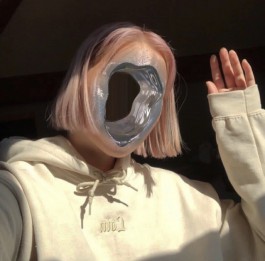
Several aspects are notable here: One was mentioned by Leigh Alexander several times. Take care about your online persona, because many more people will get in contact with that one first before ever meeting you in real life. Apps like Facetune and many more prove the point. I recently read this sad article about a guy pretending to be young handsome Stalin on Tinder. It included a sentence that went something like this: We were happy that we both were somewhat looking normal in real life, expecting the worst and obviously not expecting to meet someone looking like the digital representation presented before.
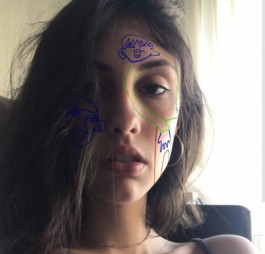
It seems more fair to augment yourself with a digital face mask than fiddling around with a Facetune app. While the first feels like playing and fooling around, showing symbolic and cultural distinction, the second just feels like bland cheating, like "healing" bad skin with a digital brush etc.
It seems more fair to augment yourself with a digital face mask rather than fiddling around with Facetune.
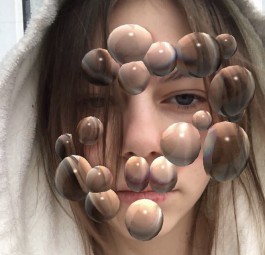
Besides this more cultural, aesthetical aspect of the fairly new and not yet totally mainstream phenomenon (you see articles in i-D, Vogue and Cosmopolitan right now), there is a technical and more sociological aspect. Just imagine us as pedestrians wearing these future glasses (yes, i know that this is taking some time). Who choses how people are augmented. Do they as subjects do that. Or do you as a viewer decide how you see these people (objects). How can you code and decode and what kinds of technological interchange will evolve? I do not know. Walking the streets might become a crazy thing to do. #filtresfuturists
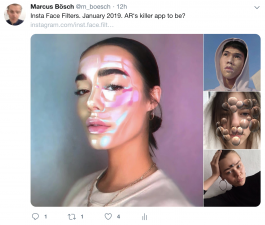
Oh yes, and i do think that there is some real potential here. All images inst.face.filters
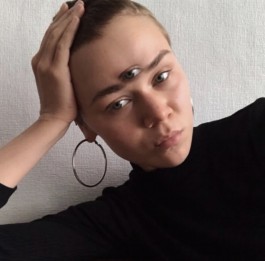
Ongoing investigation
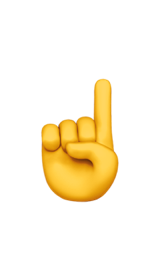
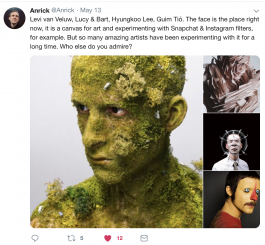
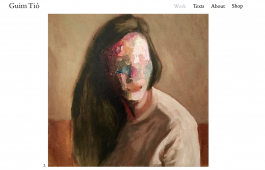
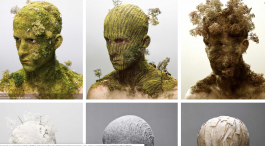
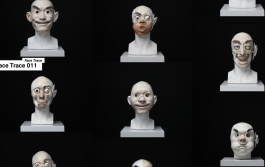
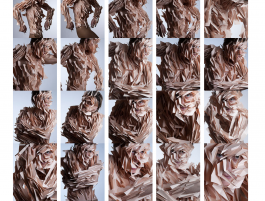
Playing around with stuff
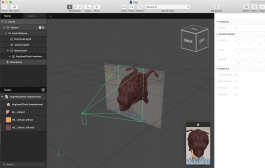
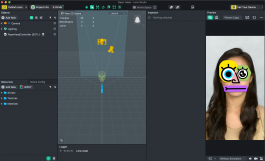
I gave both, Facebooks Spark AR Studio and Snaps Lens Studio, a try. I managed to produce two Spark Filters, making use of Sketchfab objects. I am pretty sure that Facebook would not allow to submit my Suicide Filter, adding a gun to your head. But so what?! This was a test.
